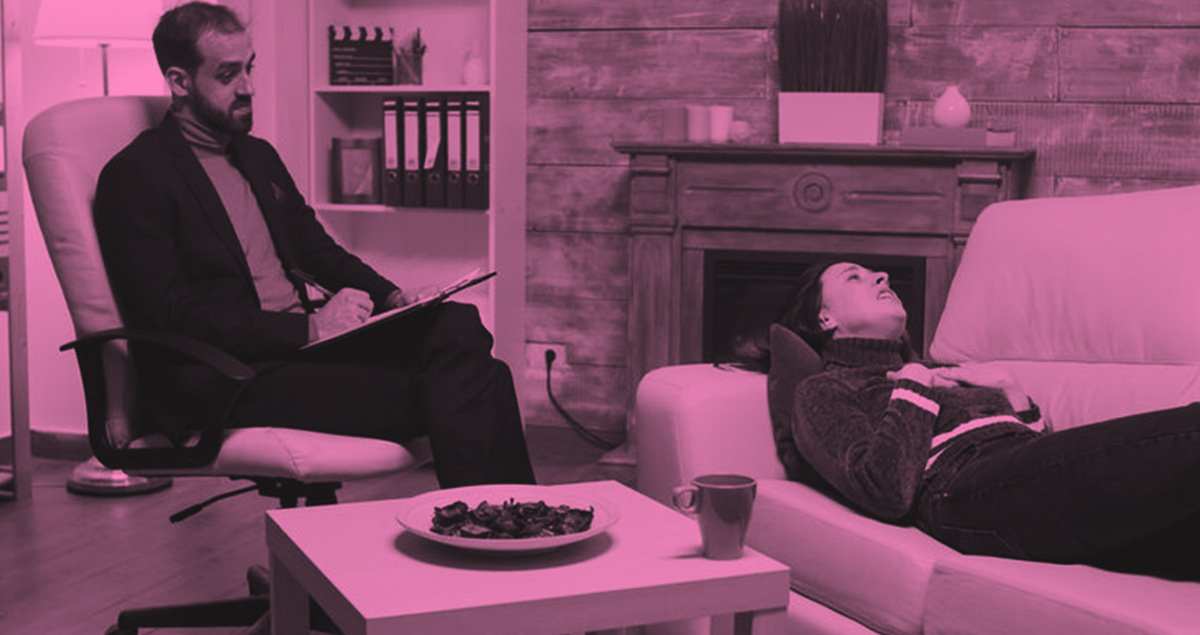
How Partial Hospitalization Programs Support Mental Health Recovery
Providing inpatient and outpatient mental health care.
Mental health recovery demands a careful balance of support and structure, customized to meet each person's unique needs. Partial hospitalization programs (PHPs) provide a comprehensive solution, offering intensive care while allowing individuals to remain in a less restrictive environment.
These programs are designed for those who require more than outpatient care but don't need the full intensity of inpatient treatment. They help individuals make significant strides toward recovery while maintaining a level of independence that promotes growth.
Read on to discover how PHPs are transforming mental health care and supporting long-term recovery.
Providing Comprehensive, Structured Care
Partial hospitalization programs are designed to provide intensive and organized care for individuals experiencing significant mental health challenges. These programs deliver treatment in a controlled yet supportive environment, bridging the gap between full hospitalization and outpatient care.
The following are key elements that make these programs effective:
- Tailored treatment strategies: Each individual receives a customized care plan designed to address their unique challenges. This personalization allows PHPs to focus on specific conditions, such as mood disorders or trauma-related concerns, ensuring care is both relevant and impactful.
- Collaborative care teams: PHPs utilize a team-based approach, bringing together psychiatrists, social workers, and specialized therapists. This collaboration ensures all aspects of a person’s mental health are addressed, from emotional well-being to practical coping mechanisms.
- Daily therapeutic interventions: Regular sessions involve evidence-based practices, such as cognitive-behavioral therapy and skill-building workshops. These sessions provide structure and a safe space to practice managing emotions, stressors, and interpersonal relationships.
Through these components, partial hospitalization programs provide individuals with the tools and environment necessary to regain stability and improve their quality of life. This type of partial hospitalization mental health care is instrumental in helping individuals make significant strides in their recovery journey.

Combining Therapy and Medication Management
Effective mental health treatment often requires a balance of therapeutic approaches and medication oversight. Partial hospitalization programs (PHPs) bring these elements together to create comprehensive care plans that address individual needs.
The following are the key components of this integrated approach:
- Medication management: Psychiatrists work closely with patients to assess and adjust their medications. This ongoing evaluation ensures that treatment aligns with the patient’s current symptoms and overall progress. Careful monitoring helps minimize side effects and maximize the benefits of prescribed medications.
- Individual therapy: One-on-one sessions allow patients to explore personal challenges in a private setting. These interactions focus on uncovering the root causes of emotional distress and building effective coping mechanisms. Patients receive tailored support to address unique concerns, fostering meaningful progress.
- Group therapy: Group sessions provide opportunities for patients to connect with peers in a therapeutic environment. Sharing experiences and strategies fosters mutual understanding and growth. These interactions also help individuals develop social skills and learn how to maintain supportive relationships.
- Psychoeducation: Education is a crucial component of recovery. Psychoeducation sessions help individuals understand their mental health conditions, the effects of medication, and strategies for self-care. Equipped with this knowledge, patients can actively participate in their treatment and make informed decisions about their recovery journey.
Combining therapeutic interventions with structured medication oversight ensures that PHPs provide care that is both holistic and adaptable.

Supporting Dual Diagnosis Recovery
Individuals managing both mental health conditions and substance use challenges often require specialized care to address their unique needs. Partial hospitalization programs are designed to provide integrated support, helping patients achieve meaningful and lasting recovery.
To address dual diagnoses effectively, programs focus on the following:
- Holistic care: Treatment plans address both mental health conditions and substance use disorders together, ensuring that neither issue is treated in isolation. This integrated approach improves outcomes by tackling the underlying connections between the two.
- Relapse prevention: Patients receive guidance on identifying triggers and developing strategies to avoid relapse. Structured sessions focus on building resilience and enhancing self-awareness to sustain progress.
- Stress management techniques: Tools like mindfulness exercises, breathing techniques, and relaxation practices are incorporated to reduce stress, improve emotional regulation, and support overall mental well-being.
By tailoring care to meet the demands of dual diagnoses, these programs equip individuals with the tools and strategies necessary for maintaining recovery and improving their quality of life.

Promoting Skills for Long-term Recovery
Sustained recovery requires more than addressing immediate symptoms. Partial hospitalization programs focus on equipping individuals with essential skills and strategies to help them lead independent, fulfilling lives after treatment.
The following are key aspects of skill development emphasized in these programs:
- Coping skills development: Participants learn practical techniques to handle emotional triggers, manage stress, and navigate challenging situations effectively. This includes strategies such as recognizing warning signs, creating action plans, and using positive self-talk to maintain emotional balance. Additionally, patients are taught how to manage anxiety, providing them with specific tools to address anxious thoughts and feelings when they arise.
- Aftercare planning: Patients receive guidance to transition smoothly from structured care to outpatient support or other long-term resources. This involves identifying suitable follow-up services, setting achievable goals, and staying connected with support networks to ensure progress continues.
- Life skills training: Practical sessions focus on developing abilities like time management, financial planning, and communication skills. These sessions build confidence and independence, enabling individuals to manage daily responsibilities and strengthen their sense of self-reliance.
These programs equip individuals with tools to face life’s challenges, fostering resilience and empowering patients to maintain their recovery while achieving personal growth.

Final Thoughts
Partial hospitalization programs offer an effective path to recovery, blending intensive care with flexibility. They provide personalized treatment, foster essential life skills, and promote long-term stability. PHPs support individuals in regaining control over their lives, equipping them to face future challenges. With a focus on both mental health and overall well-being, these programs set individuals up for success beyond treatment.











